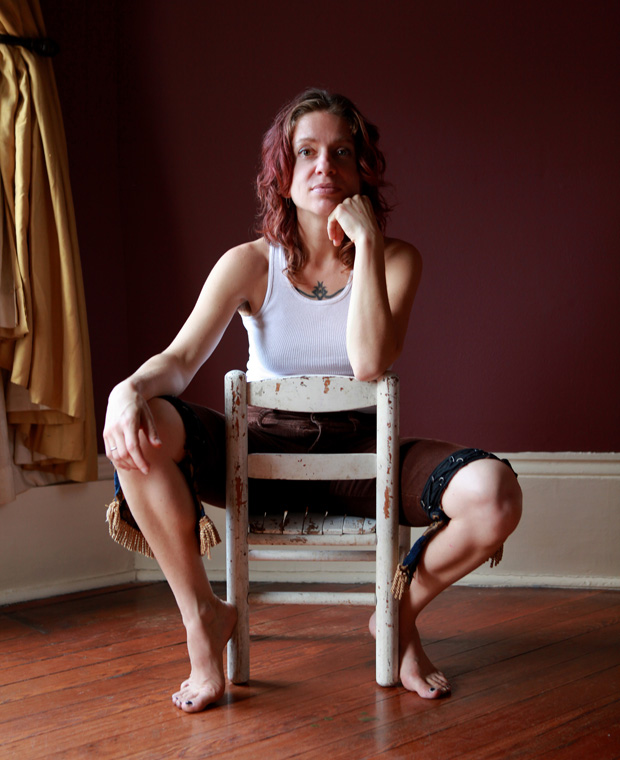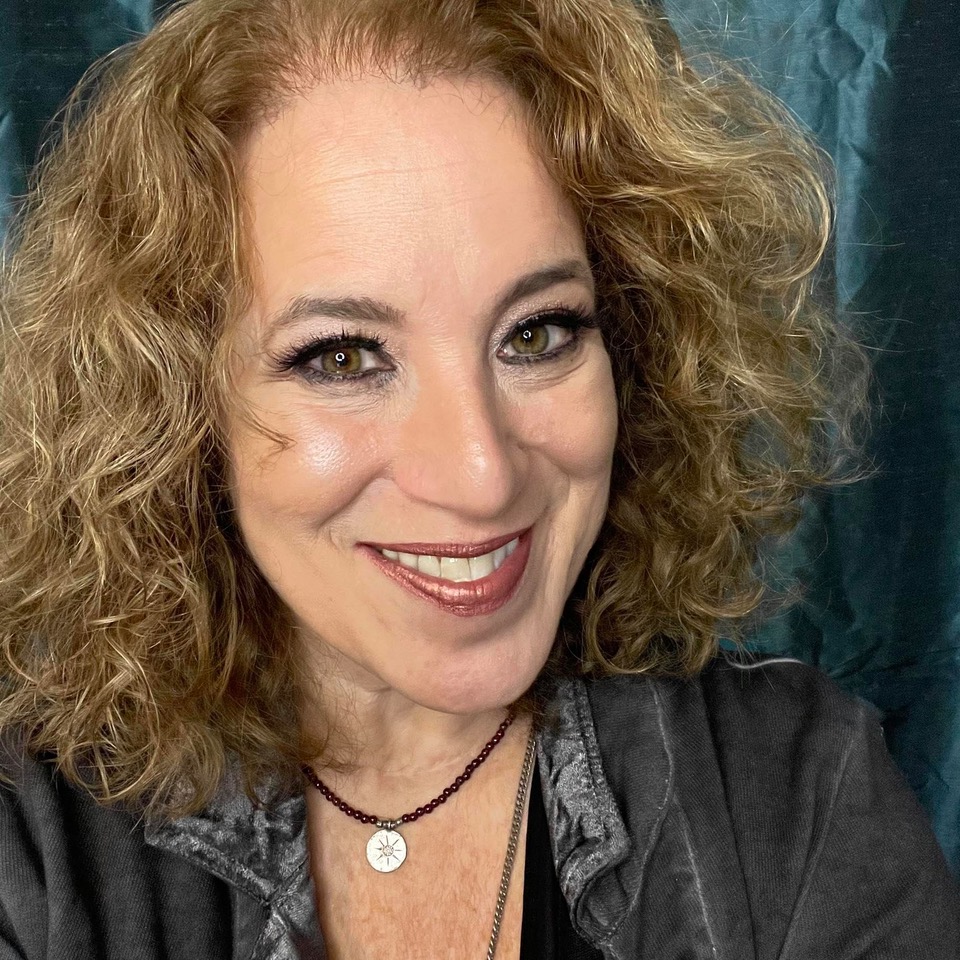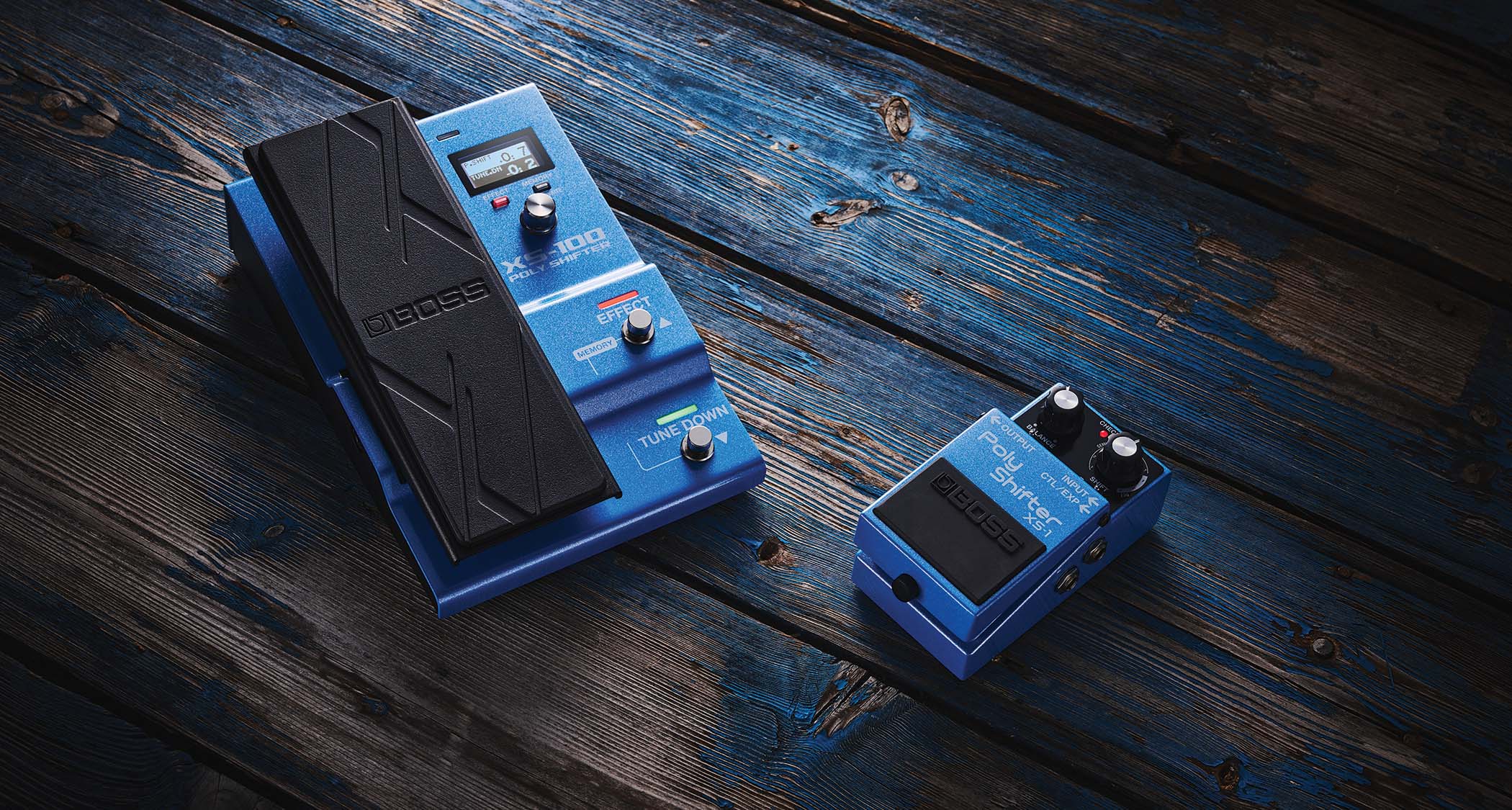Interview: Ani DiFranco Discusses Her New Album, 'Which Side Are You On?'

You could call Ani DiFranco a political activist. A poet. A free spirit. A lover. A fighter. And a mom. All of these facets have contributed their distinct ingredients to her new album, ¿Which Side Are You On?
The result? A tasty concoction that ranges from goose-bump inducing love songs to rousing anthems.
Released today on her own Righteous Babe Records, ¿Which Side Are You On? finds DiFranco in a long-awaited and satisfying place. Recently married to Mike Napolitano, her long-time engineer and the father of her 5-year-old daughter, DiFranco’s new writing exhibits a profound self-acceptance.
With more than 20 albums, some hitting No. 1 on the Independent Album charts, DiFranco has been nominated for several Grammy awards and won in 2004 for her album, Evolve.
Her 17th studio album, ¿Which Side Are You On?, is brimming with exquisitely written lyrics, idiosyncratic yet captivating melodies and some downright first-rate playing. With a selection of special guests like Pete Seeger, Ivan and Cyril Neville, Anais Mitchell and Adam Levy, ¿Which Side Are You On? has a little something for every mood: happy, sad, sexy, mad. My favorite track is the stark and definitive, “If You’re Not.” Because, as Ani says, “If you’re not getting happier as you get older, then you’re fucking up.” True that.
There have been a lot of changes in your life recently. Has that affected your creative routine, how you create?
Yeah, definitely. My daughter came around just before that last record, The Red Letter Year. So that record seemed like a long time in coming. And now this new record is even a longer time in coming, and that’s definitely to do with being a mom first these days and an artist second.
All the latest guitar news, interviews, lessons, reviews, deals and more, direct to your inbox!
At first, it was a little hard for me to make the transition, of course, like anybody who becomes a parent and suddenly their time is not their own anymore. But very quickly I realized my job was to just give over to it, to accept this new role and it really, at the end of the day, has been the best thing that’s ever happened to my relationship with my work. ‘Cause it’s made me step away from myself for incredibly long periods and forget all about what I wanted to do and what was so important to me and then when I come back to it, I’m refreshed. I’m renewed.
When I stand on stage these days, I feel more grateful to be there than I have in decades. So it’s been very cool having a kind of balance in my life. But it definitely slows down my production.
I had read that in the past you would take just a couple of weeks to record an album. I’m assuming that the whole recording process has changed for you as well.
Yeah, pretty drastically. I’ve gone from a couple of weeks to a couple of years. And I’m finally learning the wisdom to taking a couple of years. Kind of more typical for humans, you know? It’s great to make a bunch of recordings and then sit with them for months, and then check them out and go, “Oh, shit. That’s way too slow” or “That’s way too THIS or THAT.” And I feel like because of this new situation I’m in, because my daughter has forced me to slow down, it’s really helped especially my album-making.
This time I have all the opportunity in the world to get it right before release date instead of in retrospect. That makes me feel good, because I think in the past, I have a lot of regret about a lot of my recordings and these perfectly good songs that have gone out into the world. Not great recordings for posterity. Not only am I taking more time these days, but I also have the most amazing team I’ve ever had. My husband is my co-producer now and he’s great at what he does. It’s a new era for recording for me, I think.
You’re pretty involved in the technical side of recording, still? Or not so much?
No, no. Thanks to Mike. For a few years there, I was really trying to learn it. I was hands-on with the gear, I was trying to do it myself. Just because I didn’t have anybody else to turn to. I’ve never been the type to call up somebody far outside of my sphere and say, “Will you produce my record?” I just, I’m more of an organic person. I do it myself unless I know somebody who can do it better. And then I ask them. Mike entered my life and he just happens to be way better at getting good sound and using the studio intuitively, so I defer to him on the technical level these days.
I wanted to ask you what microphone you used for the vocals because I think they sound just stunning.
Yeah, that’s Mike once again. He has an amazing collection of old microphones. I think I sang into Neumann U 47 a lot in this record. Also, probably a Telefunken ...
Yeah, he has a very sophisticated aesthetic when it comes to gear that I never had, coming out of complete ignorance. And working at regional studios with low-end gear. And now I live in a house with a guy who has got nothing but 50-, 60-year-old microphones and old LA-2A compressors and Neve preamps and all of these ... just the tools that he uses and his ability to use them is like nothing I’ve ever experienced. So my records are really benefiting these days.
That’s probably the dream scenario for a singer-songwriter.
Yeah, it’s his dream too. He gets to make records with the person he loves and work on art very close to home. It’s both of our dreams.
Let’s talk a little bit about some gear that you do know about: guitars. What did you use primarily on the album?
On stage and on some of the recordings I use Alvarez guitars. The WY1 is the model of acoustic 6-string I play on stage every night and on some of those recordings. But at home now, due to Mike’s encouragement, I’ve been collecting some more high-end guitars. I have an old Martin D28 from the ‘60s, a beautiful, classic Martin that I know I played on “Mariachi.”
There’s also a tiny little parlor guitar that’s handmade that Mike found years ago, completely broken. It needed a lot of love. It’s this beautiful, warm, lush little guitar. We have a lot of Guild hollow-body electric F-hole guitars. The electric songs on the record like, “If You’re Not” or “Amendment,” those would be Guilds. We have a little army of Guilds. I don’t know all of the makes and models. The kind of electric guitar even I can play.
Technique-wise, have you done anything different on this album that comes to mind?
Well, no. I mean, the recording process was kind of in keeping with what I’ve been up to for years. I mic the acoustic guitar and I also take a direct DI signal, and I also split the DI and put the acoustic guitar through the guitar amps. Often, two guitar amps. So there’s usually about four channels of guitar in every recording: the acoustic sound, the pickups we use generally just for punchy low-end. We super low-pass the pickup channel.
These days, my main guitar amps have been Magnatone. They’re beautiful. Magnatones have actual tremolo, which I recently learned about guitar amps. Often what guitar amps call vibrato is really just a volume UP and DOWN. But Magnatone has a true vibrato, which is pitch bending. And so, it’s just a lush sound. I use the Magnatone for the vibrato and the clean amp tone. And then I also have either on-stage it’s a Rivera amp or in the studio we have some ... Nappy’s got an old Champ that we use for the more distorted, grindy sound.
How you balance personal insight in songs about your life with songs that look outward at what’s happening with the environment and in politics. Was that a purposeful balance?
Yeah, I think that right in the middle of that bridge is where my art has always lived. Between the personal and the political and the connections between the two, and how they’re one and the same. Or how they reflect each other.
I guess I feel like I’ve been expressing evermore intimate, simple kind of statements about my personal sphere and then evermore vehement convictions about my political life. So yeah, those are strong contrasts, but they resonate with each other and I’m always trying to balance and play one off the other.
So this record was actually the hardest record I’ve ever made to figure out the song order, like the flow of it. So I’m glad to hear you say that because there was something about this group of songs that was like, “Holy shit!” Like, “You’re up! You’re down! You’re left! You’re right! You’re black! You’re white!” It’s just, “How am I going to make this feel like a flow?”
I got that, but I also felt that the love songs on the record are so beautiful that I can tell that you’re in this place where there’s even more meaning to what’s going on with the world, because you have this thing that’s so precious.
Yeah, totally. When I got married a few years back and had a kid I did a few, I would say more than a few, interviews where I was confronted with people asking, “So ... you’re all happy and content now, are ya?” Basically, it was like, “Are you gonna lose your edge?”
And it’s funny because to me, I feel like it’s the opposite. The stronger I am in my personal life, the more energy I have to look outward, to address my society. When all you can think of is your own personal problems, you have nothing to give to your society. If you’re trying to figure out where your next meal is coming from, you can’t go march on Washington. For me, the stronger ground I have in my personal life, then the more will I have to fight the good fight.
Right. And so, what’s your sort of perspective on fighting the good fight? Do you think people are becoming more aware and participating more?
Yeah, I mean, I think the Occupy Movement, and I very much hope it’s a movement, as it’s been called and that we can continue to move through with it. It’s very important, even just in terms of getting a dialogue started about the incredible imbalance and unfairness of the tax system, of the corporate control of government, the predominance of money in the political arena.
There’s a very powerful document that’s come out of Occupy D.C. I don’t know if you’ve caught wind of it. You remember this Super Committee that Congressional Super Committee (quote unquote) that was supposed to come up with the big proposal to balance the budget, and right the deficit, and fix the country? And, of course, they did nothing, because there are very few people in Congress that even have the will to engage in the democratic process anymore.
But meanwhile, outside of Capitol Hill on the streets of Washington, D.C., in Liberty Park, they did it! They drafted a very comprehensive, very well-researched, well-articulated, 99 percent deficit proposal. And I’m so excited about it. Occupy D.C. is one of the most organized, powerful Occupy groups, I feel. Their website is awesome and if you check out this deficit proposal, it’s really quite stunning.
I’ve been saying the Occupy Movement has got the ball rolling, and now we need to take the fight to the great indoors! And I think this document is a really great thing to rally around, so I’m focusing on these days on that.
Find tour dates and more at anidifranco.com.
Ani performs the title track from ¿Which Side Are You On?:
Laura B. Whitmore is a singer/songwriter based in the San Francisco bay area. A veteran music industry marketer, she has spent over two decades doing marketing, PR and artist relations for several guitar-related brands including Marshall and VOX. Her company, Mad Sun Marketing, represents 65amps, Acoustic Bass Amps, Agile Partners, Guitar World and many more. Laura was instrumental in the launch of the Guitar World Lick of the Day app. She is the lead singer for the rock band, Summer Music Project. More at mad-sun.com.
Laura B. Whitmore is a music industry marketing veteran, music journalist and editor, writing for Parade.com, Guitar World, and others. She has interviewed hundreds of musicians and hosts the She Rocks Podcast. As the founder of the Women’s International Music Network, she advocates for women in the music industry and produces the annual She Rocks Awards. She is the Senior Vice President of Marketing for Positive Grid, making the world safe for guitar exploration everywhere! A guitarist and singer/songwriter, Laura is currently co-writing an album of pop songs that empower and energize girls.

